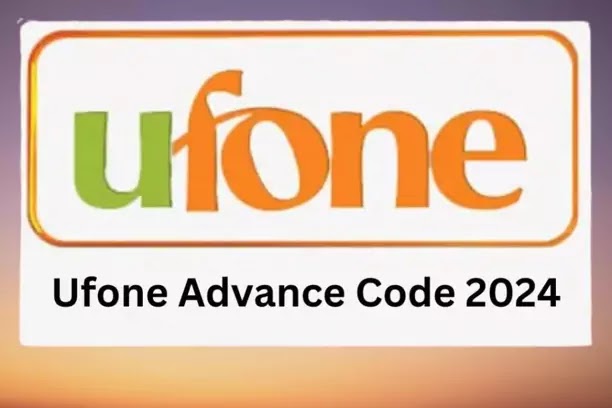The federal government has decided not to increase the sales tax on small cars ahead of the upcoming budget. Senior officials confirmed that vehicles with engine capacities up to 850cc, which are locally produced or assembled, will continue to be taxed at the existing rates.
This decision follows weeks of speculation about possible tax hikes in the auto sector. Earlier proposals had suggested raising the sales tax on compact cars from 10–12.5% to as much as 15–18%. These plans have now been formally dismissed.
The move is expected to bring relief to middle-income buyers and help sustain demand for entry-level vehicles in Pakistan’s local market.
According to industry sources, the Federal Board of Revenue (FBR) is likely to retain Entry No. 72 of the Eighth Schedule of the Sales Tax Act, 1990, which allows tax concessions for smaller vehicles assembled within the country.
By maintaining this clause, the government is signaling support for domestic manufacturers while protecting consumers from further inflationary pressure.
However, while the tax hike on small cars has been paused, the government now faces new demands from the International Monetary Fund (IMF), which is pushing for the introduction of a carbon levy in the upcoming federal budget.
The proposed carbon levy would apply to fuel consumption—specifically petrol and diesel—and target internal combustion vehicles above 850cc. According to IMF estimates, this tax could generate more than Rs. 25 billion annually.
The carbon levy plan is still under review and is expected to be finalized early next week as negotiations between Pakistan and the IMF continue ahead of the budget announcement.
As the government tries to balance the need for revenue with consumer protection, analysts warn that meeting fiscal and environmental goals will be a difficult task.
For now, the decision to hold off on a tax hike for small cars offers temporary relief for car buyers—but larger financial and environmental challenges remain ahead.











